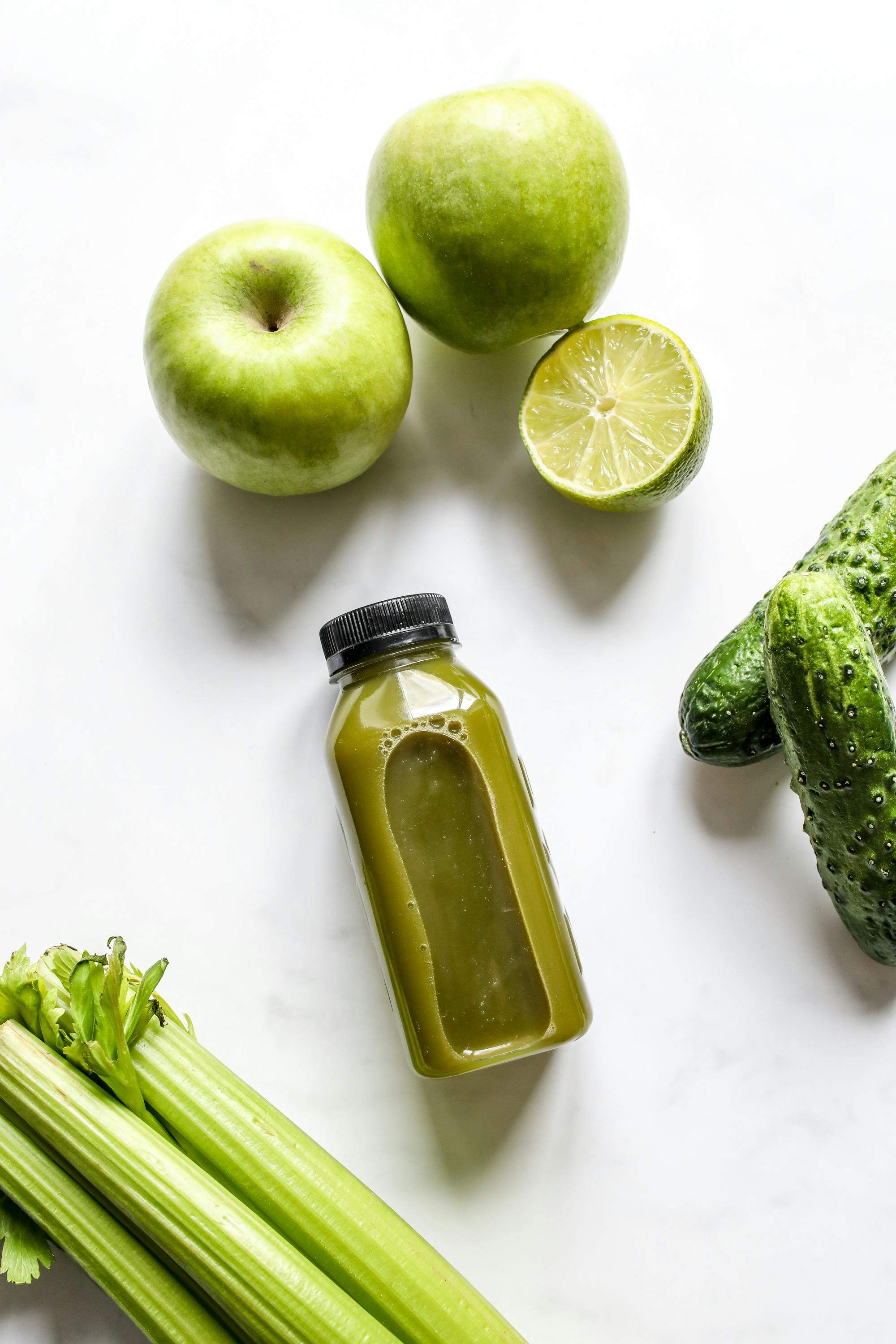Essential Guide to Substitutes for Olive Oil in 2025
As we venture into 2025, the culinary world continues to evolve, bringing new insights into the use of various oils in cooking. Olive oil, celebrated for its flavor and health benefits, often takes center stage. However, many cooks are exploring olive oil substitutes that not only provide versatility in the kitchen but also cater to diverse dietary preferences and cooking methods. This guide delves into alternatives to olive oil, examining their unique traits and culinary applications, including popular options like avocado oil, coconut oil, and various nut oils.
Understanding the properties of different oils is essential for maximizing both flavor and health benefits in dishes. With a myriad of available healthy oil options, selecting the right oil can enhance your cooking without compromising on taste or nutritional value. This article will outline the characteristics of various olive oil substitutes, how to use them effectively, and notes on health benefits and cooking techniques. Let's dive into the flavorful world of oils!
Exploring Top Olive Oil Alternatives
Cooking with Avocado Oil
Avocado oil stands out as one of the best alternatives to olive oil, boasting a high smoke point of 520°F, making it ideal for high-heat cooking such as frying and sautéing. Its rich flavor and smooth texture add a delightful touch to dressings and marinades. With a nutritional profile rich in monounsaturated fats, avocado oil is also celebrated for its heart health benefits.
An easy way to incorporate avocado oil into your cooking is by drizzling it over roasted vegetables or using it as a base for homemade salad dressings. Additionally, its mild taste pairs well with various herbs and spices, allowing for a wide range of flavor profiles to enhance dish appeal.
Using Coconut Oil in Recipes
Coconut oil is another popular substitute, particularly in baking where its unique flavor can enhance the dish. With a smoke point of 350°F, it's suitable for low to medium-heat cooking, making it perfect for sautéing or baking goods. Coconut oil contains medium-chain triglycerides (MCTs) that are often linked with various health benefits, including improved energy and metabolism.
When using coconut oil in recipes, use it in equal amounts as you would olive oil. It’s particularly effective in cookies, cakes, and even Asian-inspired dishes, providing a subtle nuttiness. However, pay attention to the flavor, as it can be pronounced in certain recipes.
Grapeseed Oil Benefits
Grapeseed oil is gaining traction as a versatile substitute due to its light flavor and high smoke point of around 420°F. This oil is extracted from grape seeds and is rich in polyunsaturated fats and vitamin E, offering antioxidant properties. Its neutral taste makes it a fantastic choice for vinaigrettes, marinades, and frying.
To utilize grapeseed oil effectively, consider it for oil for salad dressings or as a base for infused oils with herbs or spices. It's a wonderful option for fostering culinary creativity while maintaining a healthy oil balance.
Other Viable Substitutes for Olive Oil
Sunflower Oil Uses in Cooking
Sunflower oil is often overlooked but serves excellently as an alternative for frying and baking. With a high smoke point of approximately 450°F, it's perfect for high-heat cooking. It imparts a subtle flavor and is high in linoleic acid, which is beneficial for heart health.
Sunflower oil can be used in similar proportions to olive oil in recipes and works well in dishes that require a lighter oil, such as in stir-fries or baked goods. It's important to choose organic sunflower oil for the best quality and health benefits.
Using Ghee in Recipes
For those looking for a butter substitute, ghee offers an enticing option. This clarified butter has a high smoke point, making it ideal for frying and sautéing. It adds a rich, nutty flavor that can enhance both savory and sweet dishes.
Ghee is also lactose-free, making it suitable for those with lactose intolerance. Use it in any recipe that calls for olive oil or butter, particularly in Indian and Middle Eastern dishes. Its unique flavor profile opens a new avenue of culinary possibilities.
Peanut Oil for Frying
Peanut oil is highly favored for frying due to its nutty flavor and high smoke point (about 450°F). It’s a popular choice in Asian cuisine and can be used for deep-frying as it withstands temperature variations well without losing its flavor integrity.
For frying chicken, tofu, or vegetables, peanut oil serves as an excellent alternative to olive oil, providing a delicious crunch along with great taste. As with all oils, moderation is key, but its fun flavor makes it a favorite in many kitchens.
Choosing the Right Oil for Health
Canola Oil Substitutes and Benefits
Canola oil is often heralded as a nutritional powerhouse with a high smoke point of about 400°F, making it a great option for varying cooking methods. While it has a neutral taste, it’s particularly noted for its omega-3 fatty acid content, beneficial for heart health.
Canola oil can be included in recipes calling for olive oil, especially in dishes that require a subtle flavor. It’s also widely used in the production of salad dressings and marinades due to its light consistency and health benefits.
Using Light Oils for Baking
Light oils such as canola and sunflower are often ideal for baking because they don’t impart strong flavors into sweet or savory baked goods. Their neutral taste allows other ingredients to shine through, making them a great choice for cakes, cookies, and muffins.
When substituting olive oil with lighter oils in baking, it’s usually a one-to-one ratio. Moreover, they tend to enhance moisture content in recipes, resulting in perfectly textured baked goods.
Safflower Oil Properties
Safflower oil, another healthy oil option, is valued for its light flavor and high smoke point (about 450°F). This vegetable oil is low in saturated fats and high in unsaturated fats, making it a great choice for high-heat cooking and frying.
It can replace olive oil in marinades and salad dressings effectively while promoting heart health due to its fat composition. Adding safflower oil to your cooking repertoire will allow for a broader range of flavor pairings in your dishes.
Discovering Specialty and Nut Oils
Nut Oils for Cooking and Flavoring
Nut oils, like walnut and hazelnut oil, provide unique flavors that can elevate dishes, especially in salads and as finishing oils for various recipes. These oils are rich in omega fatty acids and antioxidants, making them excellent health promotes.
Nut oils are best used sparingly, as their flavors can be strong; they work wonderfully in homemade salad dressings or drizzling over roasted vegetables for an exquisite finish.
Infused Oils in Culinary Applications
Infused oils open a world of potential by allowing chefs to experiment with flavor combinations. By infusing oils with herbs, spices, or even citrus, they can enhance the taste of any dish while bypassing the need for more commonly used oils.
Utilize infused oils in marinades, as a drizzling oil over pizzas, or simply as a dip. The creativity involved in crafting these oils allows for bold, unique flavors that can become signature to your cooking style.
Q&A: Insights on Olive Oil Substitutes
1. Can I use vegetable oil as a substitute for olive oil?
Yes, vegetable oil can be used as a substitute in most recipes due to its neutral flavor. However, it may lack some of the health benefits of olive oil, so consider alternatives with higher nutritional value like avocado or canola oil.
2. How do I determine the best oil for frying?
Choosing the best oil for frying depends on smoke point and flavor profile. Oils with higher smoke points, like peanut or sunflower oil, are great for frying, while lighter oils can also work for sautéing at lower temperatures.
3. Is there a substitute for olive oil in salad dressings?
Absolutely! Oils like avocado oil or grapeseed oil provide a lovely flavor for salad dressings and can be used in a one-to-one ratio in place of olive oil.
4. How should I store oils to maximize shelf life?
To effectively store oils, keep them in a dark, cool place and ensure they are tightly sealed to prevent oxidation. Most oils should be used within six months to a year once opened.
5. Are there sustainable oil options available for cooking?
Yes, look for oils that are labeled organic and sustainably sourced. Avocado and coconut oil often fall into this category, offering both health benefits and environmental consciousness.


